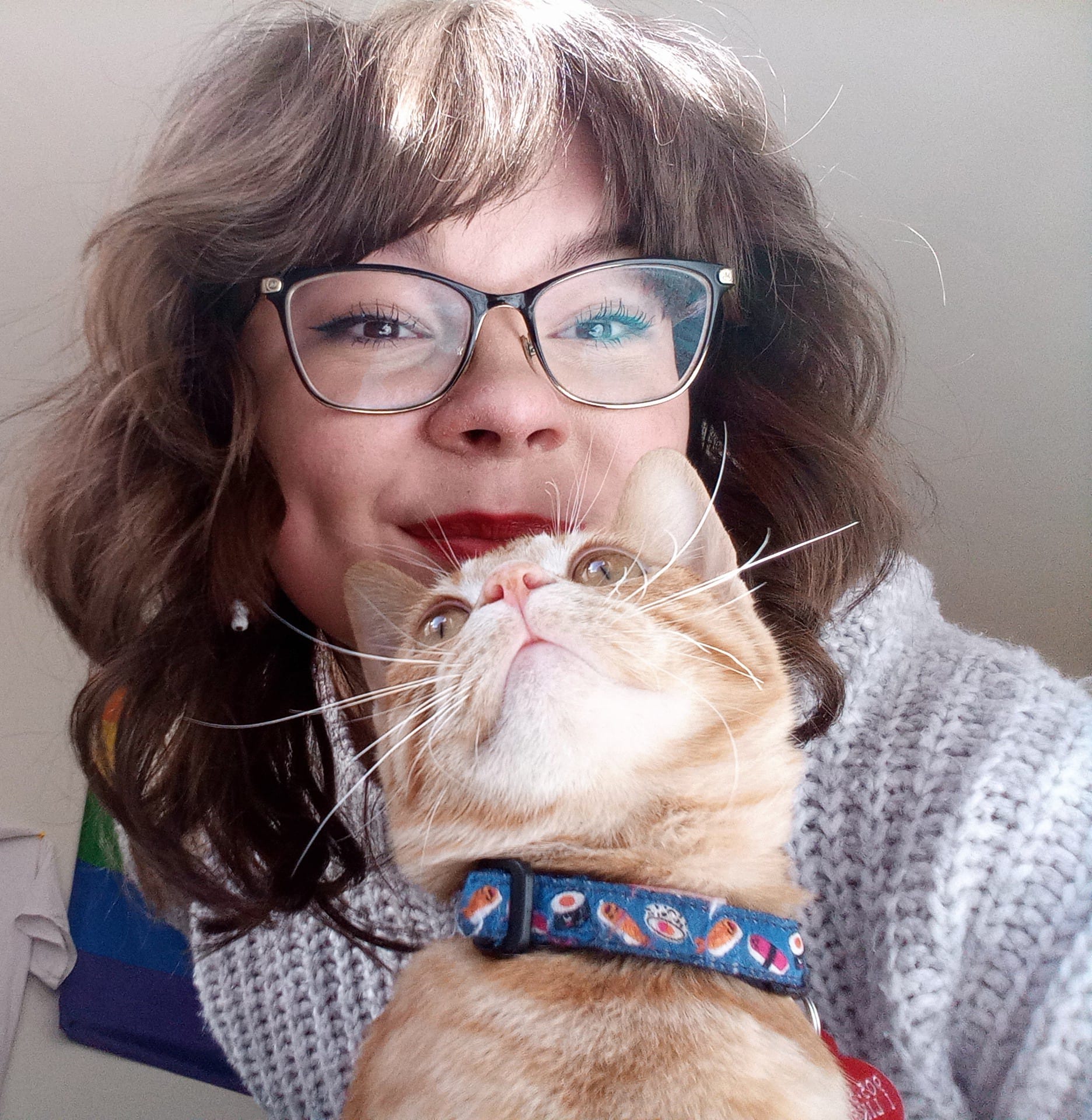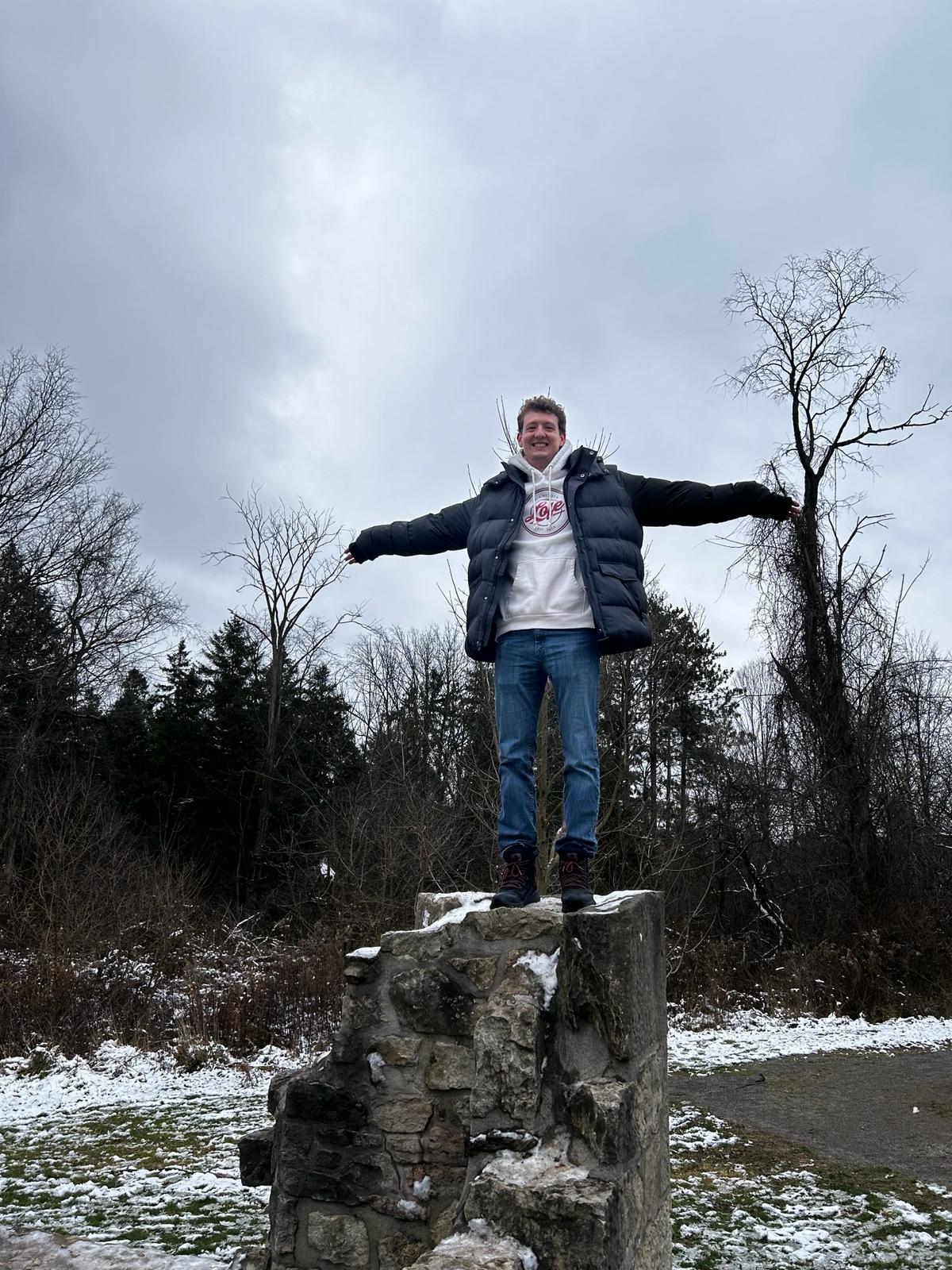App: AutoAware
Hosted in ArcGIS Online:
Mission Statement
As students in McMaster University’s School of Earth, Environment, and Society, we have all taken courses in the realms of urban planning and sustainability. Our knowledge of the area allowed us to immediately recognize the topic of urban sprawl as one of the greatest issues plaguing North American cities in the 21st century. We aim to educate a broader population about this issue, since it impacts all residents of Western societies.
With the mass adoption of the automobile among North American households in the 20th century, individuals were granted a new liberty to travel outside of their cities. Alongside these new freedoms came a change to the urban form of our communities. Cities began expanding well beyond their limits, as families sought more space, cheaper land, and to flee the industrialized inner cities. With this, the suburbs were founded.
After a century of expansion, we are now grappling with the issues brought on by urban sprawl, particularly due to the reliance of suburban communities on personal automobiles. The system of automobility has led to mass decaying infrastructure, lack of access to job opportunities, and especially disastrous environmental consequences. In our current era, we are now shifting our focus to making less automobile-dependent communities, with the outsize environmental impacts of personal car use in mind.
Our team seeks to examine how urban sprawl relates to automobile usage and air pollution in the Greater Toronto Area. While the GTA is centered on the dense urban core of Toronto, the peripheral zones are overwhelmingly composed of low-density, suburban, single-family homes which are largely automobile-dependent. Densifying these communities will be an uphill battle, however their automobile dependence can be supplemented by transit systems which connect them to major destinations, such as southern Ontario’s GO Train system.
Video Presentation
Documentation
Team Members
 Jenna Mallinson: Jenna is in her fourth year of her undergraduate degree in Honours Earth & Environmental Science Co-op at McMaster University. Currently, Jenna is working on her undergraduate-level thesis in the McMaster Transportation Research Lab (TransLAB), which focuses on healthcare accessibility for older adults in Hamilton, and how the pending changes to the Hamilton Street Railway and inclusion of a Light Rail Transit line will impact their accessibility in the future. Outside of academics, she thoroughly enjoys playing The Sims, finding new music to listen to and trying new coffee spots.
Jenna Mallinson: Jenna is in her fourth year of her undergraduate degree in Honours Earth & Environmental Science Co-op at McMaster University. Currently, Jenna is working on her undergraduate-level thesis in the McMaster Transportation Research Lab (TransLAB), which focuses on healthcare accessibility for older adults in Hamilton, and how the pending changes to the Hamilton Street Railway and inclusion of a Light Rail Transit line will impact their accessibility in the future. Outside of academics, she thoroughly enjoys playing The Sims, finding new music to listen to and trying new coffee spots.
 Sam Fanaki: Sam is a fourth-year Honours Environmental Science Co-Op student. He is currently working on an undergraduate-level thesis in the McMaster Transportation Research Lab (TransLAB), studying how different bikeshare user groups react to changes in environmental variables and how this impacts the transit-bikeshare relationship in Hamilton. He is interested in everything urban planning, especially transit and infrastructure. Last year, he worked at a commercial real estate firm, as a data analyst intern.
Sam Fanaki: Sam is a fourth-year Honours Environmental Science Co-Op student. He is currently working on an undergraduate-level thesis in the McMaster Transportation Research Lab (TransLAB), studying how different bikeshare user groups react to changes in environmental variables and how this impacts the transit-bikeshare relationship in Hamilton. He is interested in everything urban planning, especially transit and infrastructure. Last year, he worked at a commercial real estate firm, as a data analyst intern.
 William Russell: William is a fourth-year student in the Honours Environment & Society program, pursuing concurrent certificates in Geographic Information Science and Urban Studies & Planning. He is pursuing a master’s degree in environmental studies – Planning specialization at York University next year. He is interested in the spatial relationships between people and their interactions with the built urban environment, and using GIS to visualize this connection.
William Russell: William is a fourth-year student in the Honours Environment & Society program, pursuing concurrent certificates in Geographic Information Science and Urban Studies & Planning. He is pursuing a master’s degree in environmental studies – Planning specialization at York University next year. He is interested in the spatial relationships between people and their interactions with the built urban environment, and using GIS to visualize this connection.